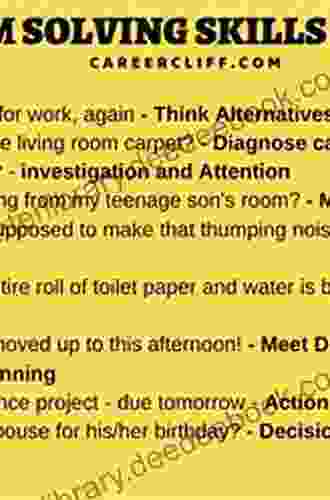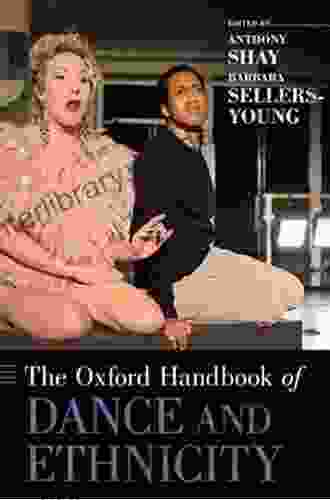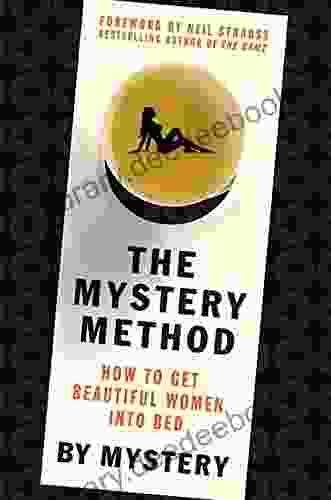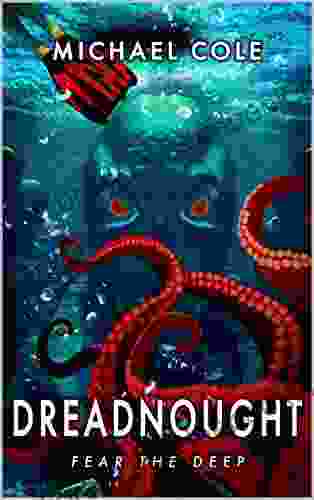Frequently Asked Questions and Extended Examples: Resolving Problems in Mathematics**

Mathematics is an essential subject that plays a crucial role in our daily lives. It aids in problem-solving, critical thinking, and logical reasoning. However, many students encounter challenges in understanding certain mathematical concepts. This article aims to address some of the frequently asked questions and provide extended examples to help students grasp these concepts effectively.
2. Frequently Asked Questions
Q1: How do I solve for x in the equation 2x + 5 = 13?
4.6 out of 5
| Language | : | English |
| File size | : | 5840 KB |
| Text-to-Speech | : | Enabled |
| Screen Reader | : | Supported |
| Enhanced typesetting | : | Enabled |
| Word Wise | : | Enabled |
| Print length | : | 260 pages |
| X-Ray for textbooks | : | Enabled |
Q2: What is the difference between a prime number and a composite number?
Q3: How do I find the area of a triangle?
Q4: What is the probability of rolling a 6 on a standard six-sided die?
Q5: How do I convert a fraction to a decimal?
3. Extended Examples
E1: Solving Linear Equations
- Question: Solve for x in the equation 3x - 7 = 10.
- Extended Example:
3x - 7 = 10 Add 7 to both sides: 3x = 17 Divide both sides by 3: x = 17/3
E2: Prime and Composite Numbers
Question: Determine whether 23 is a prime or a composite number.
Extended Example:
23 is only divisible by 1 and 23.
Therefore, 23 is a prime number.
E3: Area of a Triangle
- Question: Find the area of a triangle with a base of 10 cm and a height of 8 cm.
- Extended Example:
Area = (1/2) * base * height Area = (1/2) * 10 cm * 8 cm Area = 40 square cm
E4: Probability
Question: If a bag contains 5 red marbles and 3 blue marbles, what is the probability of drawing a red marble?
Extended Example:
Total number of marbles: 5 + 3 = 8
Number of red marbles: 5
Probability of drawing a red marble: 5/8
E5: Converting Fractions to Decimals
- Question: Convert the fraction 3/4 to a decimal.
- Extended Example:
3/4 = 3 ÷ 4 3/4 = 0.75
4.
Frequently asked questions and extended examples can be invaluable resources for students seeking to enhance their mathematical understanding. By providing clear explanations and step-by-step guidance, these resources empower students to tackle complex concepts with confidence. Mathematics is not merely about memorizing formulas; it's about developing analytical and problem-solving skills. With the right guidance and practice, every student can master this essential subject and unlock its potential in their academic and personal lives.
5. Additional Tips for Problem-Solving
- Understand the problem: Read the problem carefully and identify the key information.
- Break down the problem: Divide complex problems into smaller, manageable steps.
- Draw diagrams or use visuals: Graphical representations can aid in visualizing the problem and identifying patterns.
- Use logical reasoning: Apply logical arguments and deductive reasoning to connect the given information with the solution.
- Check your work: Once you have a solution, verify its accuracy by checking if it satisfies the original problem statement.
- Practice regularly: Consistent practice strengthens mathematical skills and improves problem-solving abilities.
- Seek help when needed: Don't hesitate to ask for assistance from teachers, tutors, or peers when encountering difficulties.
4.6 out of 5
| Language | : | English |
| File size | : | 5840 KB |
| Text-to-Speech | : | Enabled |
| Screen Reader | : | Supported |
| Enhanced typesetting | : | Enabled |
| Word Wise | : | Enabled |
| Print length | : | 260 pages |
| X-Ray for textbooks | : | Enabled |
Do you want to contribute by writing guest posts on this blog?
Please contact us and send us a resume of previous articles that you have written.
 Book
Book Novel
Novel Chapter
Chapter Story
Story Library
Library Glossary
Glossary Bibliography
Bibliography Foreword
Foreword Preface
Preface Annotation
Annotation Manuscript
Manuscript Scroll
Scroll Codex
Codex Bestseller
Bestseller Classics
Classics Narrative
Narrative Biography
Biography Autobiography
Autobiography Memoir
Memoir Reference
Reference Encyclopedia
Encyclopedia Narrator
Narrator Character
Character Librarian
Librarian Catalog
Catalog Stacks
Stacks Periodicals
Periodicals Study
Study Scholarly
Scholarly Lending
Lending Reserve
Reserve Academic
Academic Reading Room
Reading Room Study Group
Study Group Thesis
Thesis Dissertation
Dissertation Storytelling
Storytelling Awards
Awards Theory
Theory Textbooks
Textbooks William Lyon Phelps
William Lyon Phelps W William Haines
W William Haines Patrick Grady
Patrick Grady Brenda Felber
Brenda Felber Page Turner
Page Turner Rosalind Kerven
Rosalind Kerven Lavender Rose
Lavender Rose Nikita Nain
Nikita Nain Jane Halliwell Green
Jane Halliwell Green Ieva Ozolina
Ieva Ozolina Dan K Utley
Dan K Utley Tamara Duricka Johnson
Tamara Duricka Johnson Lee Koenig
Lee Koenig Tom Piazza
Tom Piazza Bob Marley
Bob Marley Anders Aslund
Anders Aslund Celia E Naylor
Celia E Naylor Maia Evrigenis
Maia Evrigenis Rachel Wilkerson Miller
Rachel Wilkerson Miller Leona Grace
Leona Grace
Light bulbAdvertise smarter! Our strategic ad space ensures maximum exposure. Reserve your spot today!
 Tennessee WilliamsFollow ·13.2k
Tennessee WilliamsFollow ·13.2k Bryce FosterFollow ·11.3k
Bryce FosterFollow ·11.3k Galen PowellFollow ·6.5k
Galen PowellFollow ·6.5k Gavin MitchellFollow ·4.4k
Gavin MitchellFollow ·4.4k Dakota PowellFollow ·8k
Dakota PowellFollow ·8k Cristian CoxFollow ·2.9k
Cristian CoxFollow ·2.9k W. Somerset MaughamFollow ·3.2k
W. Somerset MaughamFollow ·3.2k Bryan GrayFollow ·2.2k
Bryan GrayFollow ·2.2k

 Bo Cox
Bo CoxDiscover the Enchanting Allure of Collingwood, Ontario,...
Nestled amidst the breathtaking landscape of...

 Ralph Ellison
Ralph EllisonThe Street of Clocks Poems: A Poetic Journey Through Time
Welcome to The Street...
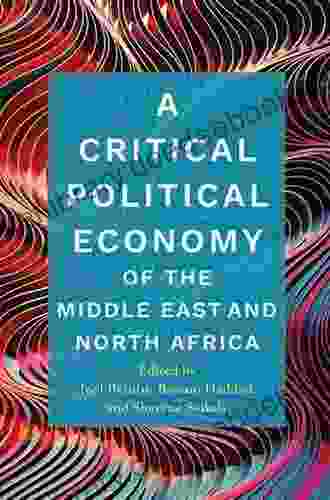
 Dwight Blair
Dwight BlairCritical Political Economy of the Middle East and North...
The Middle East and...

 Deion Simmons
Deion SimmonsPerfect Strategies For Painting Amazing Marine Creatures...
Gouache is a...

 Hugh Bell
Hugh BellThe American Republic: Constitution, Tendencies, and...
The American Republic,...
4.6 out of 5
| Language | : | English |
| File size | : | 5840 KB |
| Text-to-Speech | : | Enabled |
| Screen Reader | : | Supported |
| Enhanced typesetting | : | Enabled |
| Word Wise | : | Enabled |
| Print length | : | 260 pages |
| X-Ray for textbooks | : | Enabled |


